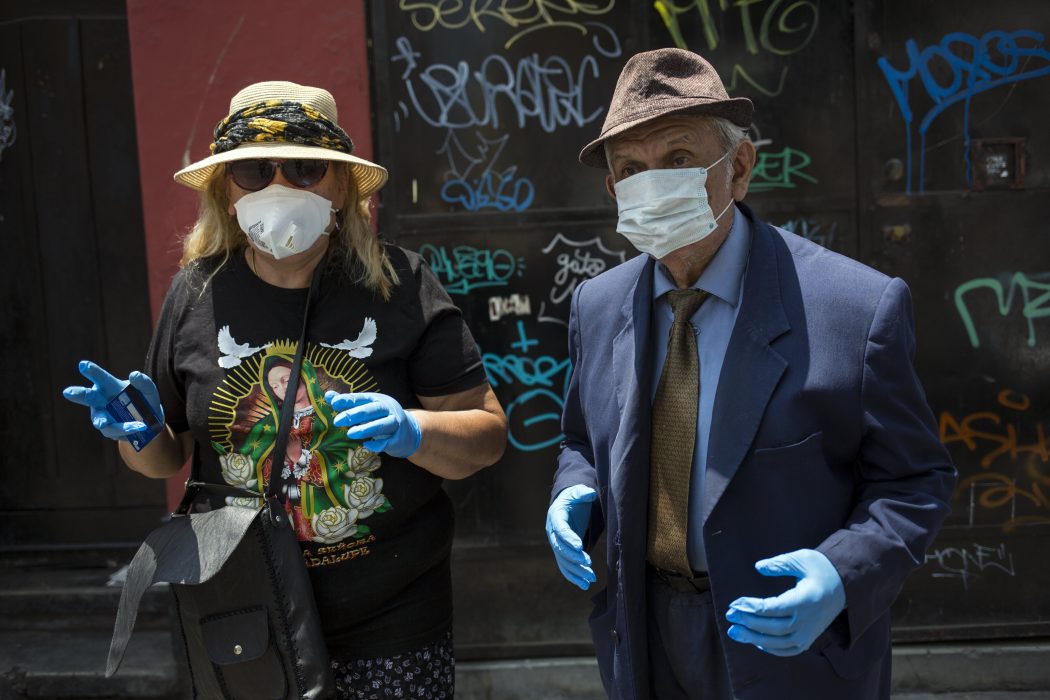Preventing the spread of COVID-19
The coronavirus has taken the world by storm, closing schools and ripping toilet paper from Walmart’s shelves. The fear of the coronavirus is spreading faster than the actual virus. It is apparent we need to review preventative measures that can slow the virus spread. First, we need to fully understand how the virus spreads and who it affects.
The coronavirus spreads similarly to how normal viruses spread, through coughing and sneezing. Sometimes the virus can be spread between people who are within 6 feet of each other. Now let’s consider who the virus is really going to affect.
The coronavirus has proven to be a powerful virus, but it isn’t fatal to most. In fact, less than 20% of people with coronavirus end up in the hospital. While it is true we are in the midst of a pandemic, that does not translate to the end of human existence. To refresh your memory, a pandemic is simply an outbreak that spreads to several countries and continents. The coronavirus probably won’t kill you, but it can prove fatal to older adults, especially those with chronic medical conditions. That’s why schools are closing and big social events are being shut down.
The big question is, what can you do to help prevent the spread of the coronavirus? The answers are simple: wash your hands, isolate, cover your coughs and clean.
Wash your hands, please. After the bathroom, before cooking, after using a tissue or touching your face, phone or keyboard. The CDC recommends washing your hands for 20 seconds (just sing the alphabet). Hand sanitizers work if they have at least 60% alcohol in them. If they don’t, don’t bother. After washing your hands, please don’t touch your eyes, nose or mouth. Keep those hands clean!
Isolation from those who are sick is imperative. If someone you know is sick, stay away! They may not have the virus, but better safe than sorry. It is also important for you to avoid close contact with people who are more at risk of getting or dying from the coronavirus. Phone calls are a great way to stay connected without having to touch.
COVER YOUR MOUTH PLEASE! If you are sneezing or coughing, do so into your elbow, not into the open air. Throw away used tissues right away and wash your hands after coughing, sneezing or using a tissue. There is a common misconception that facemasks somehow protect you from viruses. This is not necessarily the case. If you are sick, wear a facemask. Otherwise, facemasks are reserved for caregivers and doctors. Let’s not steal all the facemasks from the doctor’s office; they won’t do us any favors anyway.
Finally, my personal favorite, it’s time to clean. The CDC recommends disinfecting doorknobs, tables, light switches, countertops, handles, desks, phones, keyboards, toilets, faucets and sinks. It is a good idea to use soap and water before disinfecting a surface, just to make sure the area is clean before disinfecting. You can make your own disinfectant by diluting ⅓ cup of bleach per gallon of water. Alcohol solutions work too if they have at least 70% alcohol.
The world will be up and running again in no time, especially if we all do our part to keep the coronavirus spread to a minimum. Keep your living spaces clean and in the meantime, don’t worry. I have a feeling we’re all going to be just fine.
—emily.white@aggiemail.usu.edu

